Pheronym is honored to be selected to enter The Bio Startup Draft 2019.
Thank you SynBioBeta draft committee.
Pheronym is honored to be selected to enter The Bio Startup Draft 2019.
Thank you SynBioBeta draft committee.
If you missed Dr. Kaplan’ s talk about Pheronym’s technology, you have a second chance. See below link to listen.
Our founders are preparing NASA safety documents for the AstroNematode project. More information about AstroNematode project, visit the www. astronematode.com or follow AstroNematode on social media.
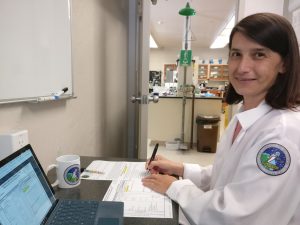
Dr. Fatma Kaplan, CEO and Project director
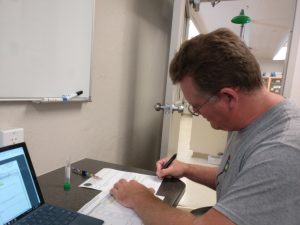
Mr. Karl Cameron Schiller, COO and Project scientist
Pheronym updated the logo. Here are some of our updated logos.
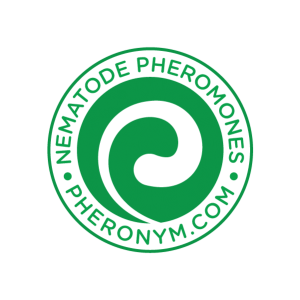
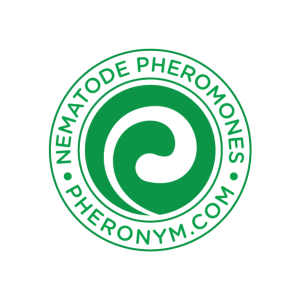
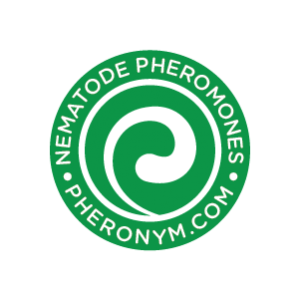
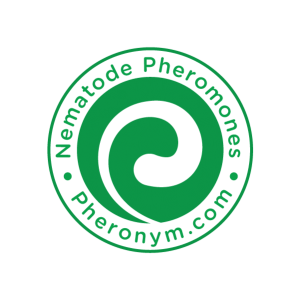
We are honored to be among the 3 companies that are on
the Spotlight at Farm-To-Fork live event organized by Valley Vision and Agstart August 22, 2019, Woodland, CA.
If you missed it, you have a second chance. Here is the video.
Future of Agriculture Podcast Host Tim Hammerich interviewed Dr. Ray Wheeler who is a NASA’s Plant Physiologist and the lead for Advanced Life Support Research activities in the Exploration Research and Technology Program at Kennedy Space Center.
Listen to Future of Agriculture, interview with Dr. Wheeler “Farming in Space“.
Here are some of Dr. Wheeler’s research which he talks about in this podcast.
You can also listen to the podcast at PlayerFM, Applepodcasts
We are very excited to move forward with safety requirements to send Astronematode to ISS NL. Here are some of the samples we are preparing for safety tests.
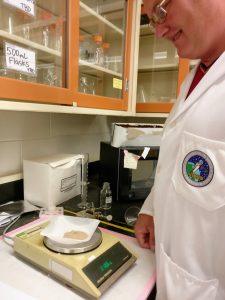
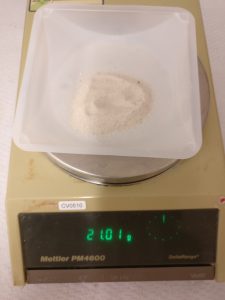
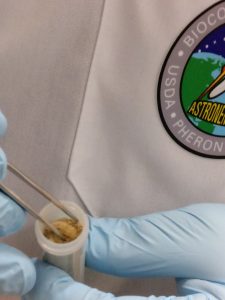
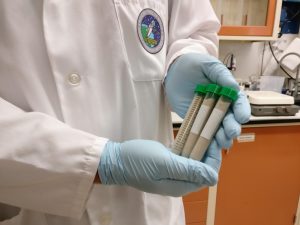
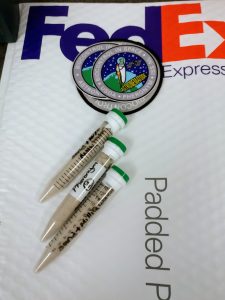
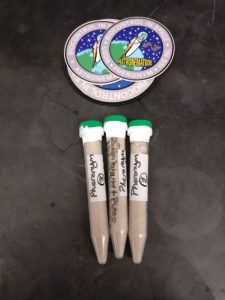
By Sandra Avant, July 25, 2019
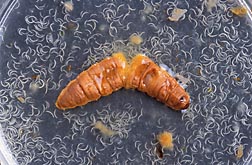 A recent Agricultural Research Service (ARS) study, published in The Journal of Invertebrate Pathology, shows that beneficial nematodes (also called entomopathogenic nematodes) treated with pheromone extracts are more effective at killing an economically important insect—the pecan weevil—as well as the black soldier fly.
A recent Agricultural Research Service (ARS) study, published in The Journal of Invertebrate Pathology, shows that beneficial nematodes (also called entomopathogenic nematodes) treated with pheromone extracts are more effective at killing an economically important insect—the pecan weevil—as well as the black soldier fly.
The pecan weevil is a major pecan pest in the Southeast as well as in Texas and Oklahoma, said David Shapiro-Ilan, an entomologist at the ARS Southeastern Fruit and Tree Nut Research Laboratory in Byron, Georgia. If left uncontrolled, it can reduce crop production up to 70 percent.
An advantage of using beneficial nematodes is that they are safe for humans and the environment and target only specific insects, Shapiro-Ilan said.
In earlier research, Shapiro-Ilan and his colleagues discovered that pheromones produced by beneficial nematodes direct their behavior—telling them to disperse or infect insects. With that in mind, they sought ways to use pheromones to enhance nematodes’ behavior to kill more insect pests.
Since then, ARS has established a cooperative research agreement with Pheronym, an ag-biotech pest control company that develops and produces nematode pheromones that can be used to direct beneficial nematode behavior. Keep Reading
It is also featured at:
Honored to be invited by the students of the UC Davis Department of Plant Pathology to Industry seminar series on Wednesday, May 29, 2019.
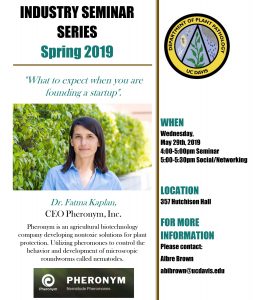
Come and talk to me tomorrow at 4 PM.